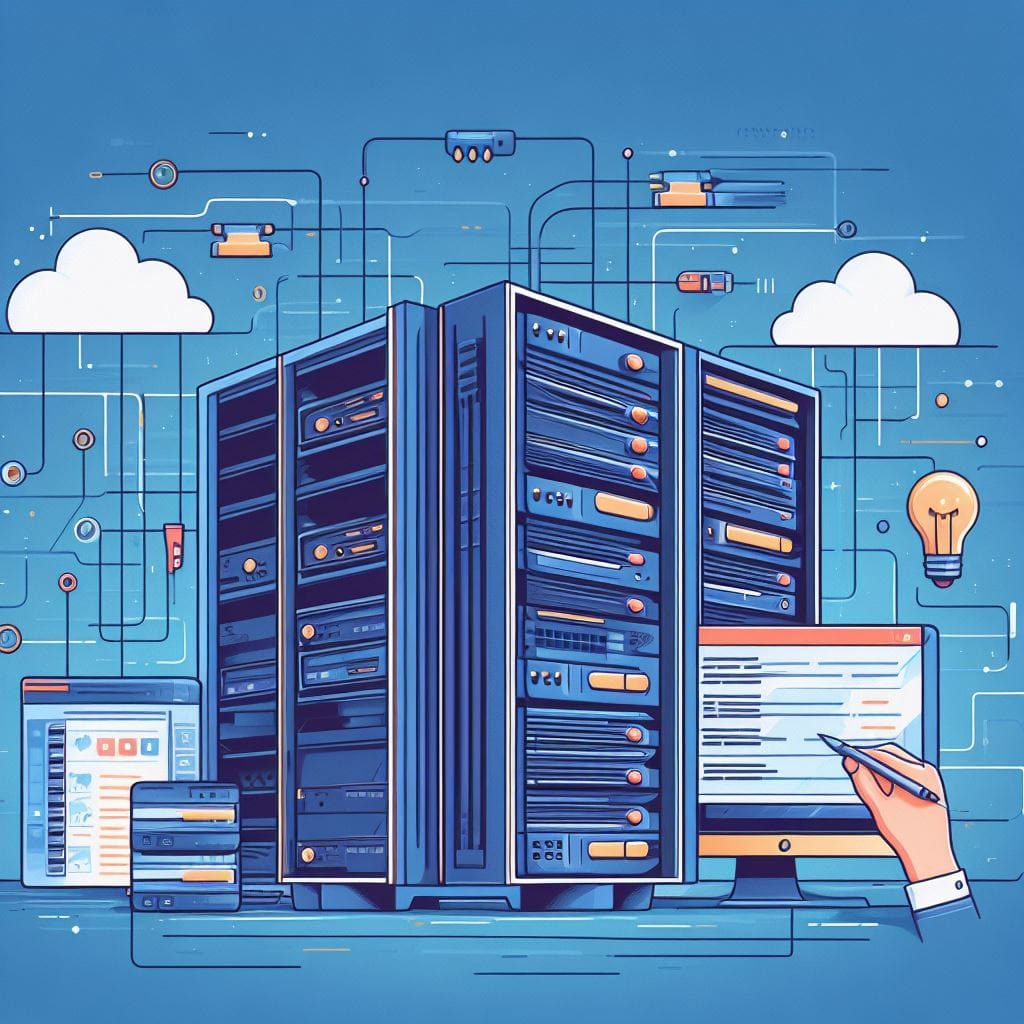A Comparison of SSD vs HDD Storage for Dedicated Servers

When considering storage options for dedicated servers, choosing between Solid State Drives (SSDs) and Hard Disk Drives (HDDs) is a crucial decision. Each has its own strengths and weaknesses, and the choice depends on the specific requirements of your application. Below is a detailed comparison of SSDs and HDDs for dedicated servers:
- Speed and Performance:
- SSD: SSDs are significantly faster than HDDs. They have no moving parts and use NAND-based flash memory to store data. This results in faster read/write speeds, which leads to quicker boot times and improved overall system performance.
- HDD: HDDs use spinning disks and read/write heads to access data. This mechanical operation inherently makes them slower compared to SSDs.
- Reliability and Durability:
- SSD: SSDs are more reliable in terms of durability because they have no moving parts. This means they are less prone to mechanical failure due to shock or vibration.
- HDD: HDDs have more potential points of failure due to their mechanical nature. They can be sensitive to physical shocks and drops.
- Lifespan:
- SSD: SSDs have a limited number of write cycles before they can begin to degrade. However, modern SSDs have sophisticated controllers and wear-leveling algorithms that can extend their lifespan considerably.
- HDD: HDDs do not have a specific write cycle limitation like SSDs, but they can fail due to mechanical wear and tear over time.
- Cost:
- SSD: SSDs are more expensive per gigabyte compared to HDDs. However, the cost has been steadily decreasing over the years.
- HDD: HDDs offer a more cost-effective solution for storing large amounts of data.
- Capacity:
- SSD: SSDs are available in various capacities, but they are generally more limited in terms of maximum storage compared to HDDs.
- HDD: HDDs offer higher capacities at a lower cost per gigabyte.
- Noise and Heat:
- SSD: SSDs produce no noise because they have no moving parts. They also generate less heat compared to HDDs.
- HDD: HDDs have spinning disks which produce noise and generate more heat.
- Energy Efficiency:
- SSD: SSDs consume less power compared to HDDs since they don’t have to power moving parts.
- HDD: HDDs require more power due to the spinning disks and moving parts.
- Use Cases:
- SSD: SSDs are ideal for applications where speed, responsiveness, and low latency are crucial, such as database servers, virtual machines, and high-traffic websites.
- HDD: HDDs are well-suited for applications where large storage capacity is the primary concern, such as file servers, backup solutions, and archival storage.
- RAID Configuration:
- SSD: SSDs can be used effectively in RAID configurations to further enhance performance.
- HDD: HDDs are commonly used in RAID setups for redundancy and increased storage capacity.
In summary, SSDs excel in terms of speed, reliability, and durability, making them suitable for performance-critical applications. HDDs, on the other hand, offer higher storage capacities at a lower cost, making them a practical choice for applications with large storage needs. Many setups also use a combination of SSDs for primary storage and HDDs for bulk storage or backup purposes.



